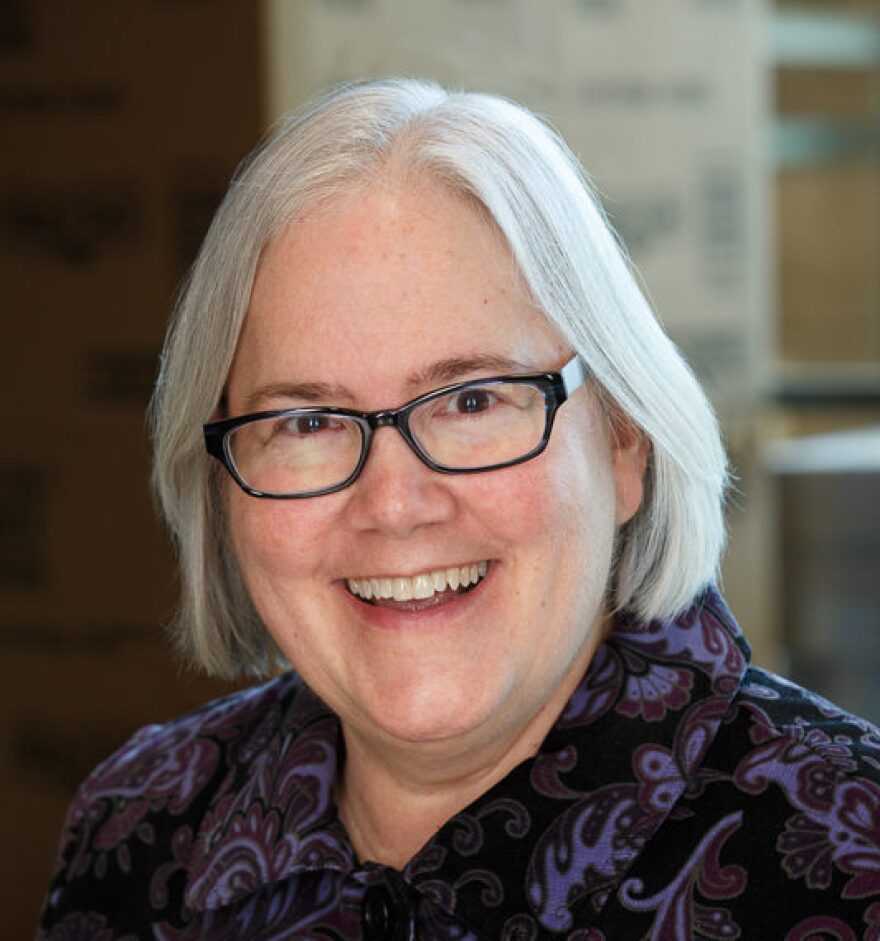SNAP benefits, sometimes referred to as food stamps, were in a precarious position until this week when Congress approved a compromise on a 10-year, $867 billion farm bill that no longer requires recipients to meet a work requirement as previously proposed.

As the bill heads to President Trump’s desk, Lisa Scales, president and CEO of the Greater Pittsburgh Community Food Bank, says she's breathing a sigh of relief.
“We see people every day that are food insecure… it’s not obvious to us," she says. "It is a significant problem in our region, but there’s great opportunity for the community to come together.”
Locally, more than 30 percent of food insecure people are children, seniors and those with disabilities, according to Scales. She says the local food bank, which organizes the distribution of 33 million meals across 11 counties annually, wants to prioritize fresh and healthy food with an emphasis on marginalized groups.
Elsewhere in the program, 20 percent of Allegheny County's population is over the age of 65 -- 5 percent higher than the national average.
Nancy Jones, outreach manager for North Hills Community Outreach, joins Sarah Paperman, team leader for In Service of Seniors Pittsburgh with Wesley Family Services. Hear what each do to address needs like transportation to medical appointments and social interaction to prevent isolation, plus what the community can do to get involved.
The Confluence, where the news comes together, is 90.5 WESA’s daily news program. Tune in weekdays at 9 a.m. to hear newsmakers and innovators join veteran journalist Kevin Gavin, taking an in-depth look at stories important to the Pittsburgh region. Find more episodes of The Confluence here.






